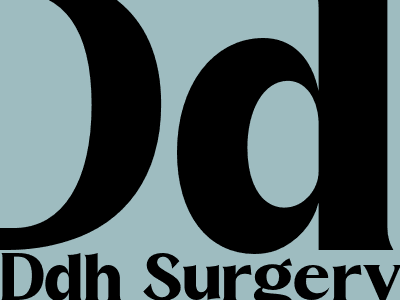
Ddh Surgery
Ddh Surgery: A Comprehensive Guide for Parents
What is DDH Surgery?
Developmental Dysplasia of the Hip (DDH) is a condition that occurs when the hip joint does not develop properly. It is one of the most common birth defects, affecting approximately 1 in every 1,000 babies.
DDH can range from mild to severe. In mild cases, the hip joint may be slightly dislocated or unstable. In severe cases, the hip joint may be completely dislocated and the thigh bone may be out of the socket.
What are the symptoms of DDH?
The symptoms of DDH can vary depending on the severity of the condition. Some common symptoms include: *
A difference in leg length *
A limp *
Pain in the hip or groin *
Difficulty walking or crawling How is DDH diagnosed?
DDH is diagnosed through a physical examination and an X-ray. The physical examination will check for the following: *
A difference in leg length *
A limp *
Pain in the hip or groin *
Difficulty walking or crawling The X-ray will show the position of the hip joint and the thigh bone.
How is DDH treated?
The treatment for DDH depends on the severity of the condition. In mild cases, treatment may include: *
Observation *
Physical therapy *
A brace or cast In severe cases, surgery may be necessary to reposition the hip joint and the thigh bone.
What is the prognosis for DDH?
The prognosis for DDH is good if the condition is diagnosed and treated early. With early treatment, most children with DDH will have normal hip function. However, if the condition is not treated early, it can lead to permanent hip damage and disability.
What are the risks of DDH surgery?
The risks of DDH surgery are relatively low. However, as with any surgery, there are some risks, including: *
Infection *
Bleeding *
Damage to nerves or blood vessels *
Failure of the surgery How can I prevent DDH?
There is no sure way to prevent DDH. However, there are some things that you can do to reduce the risk of your child developing DDH, including: *
Making sure that your child is in the correct position when they are sleeping *
Avoiding using a baby walker *
Swaddling your child loosely If you are concerned that your child may have DDH, it is important to see a doctor right away. Early diagnosis and treatment can help to ensure that your child has normal hip function.

Comments